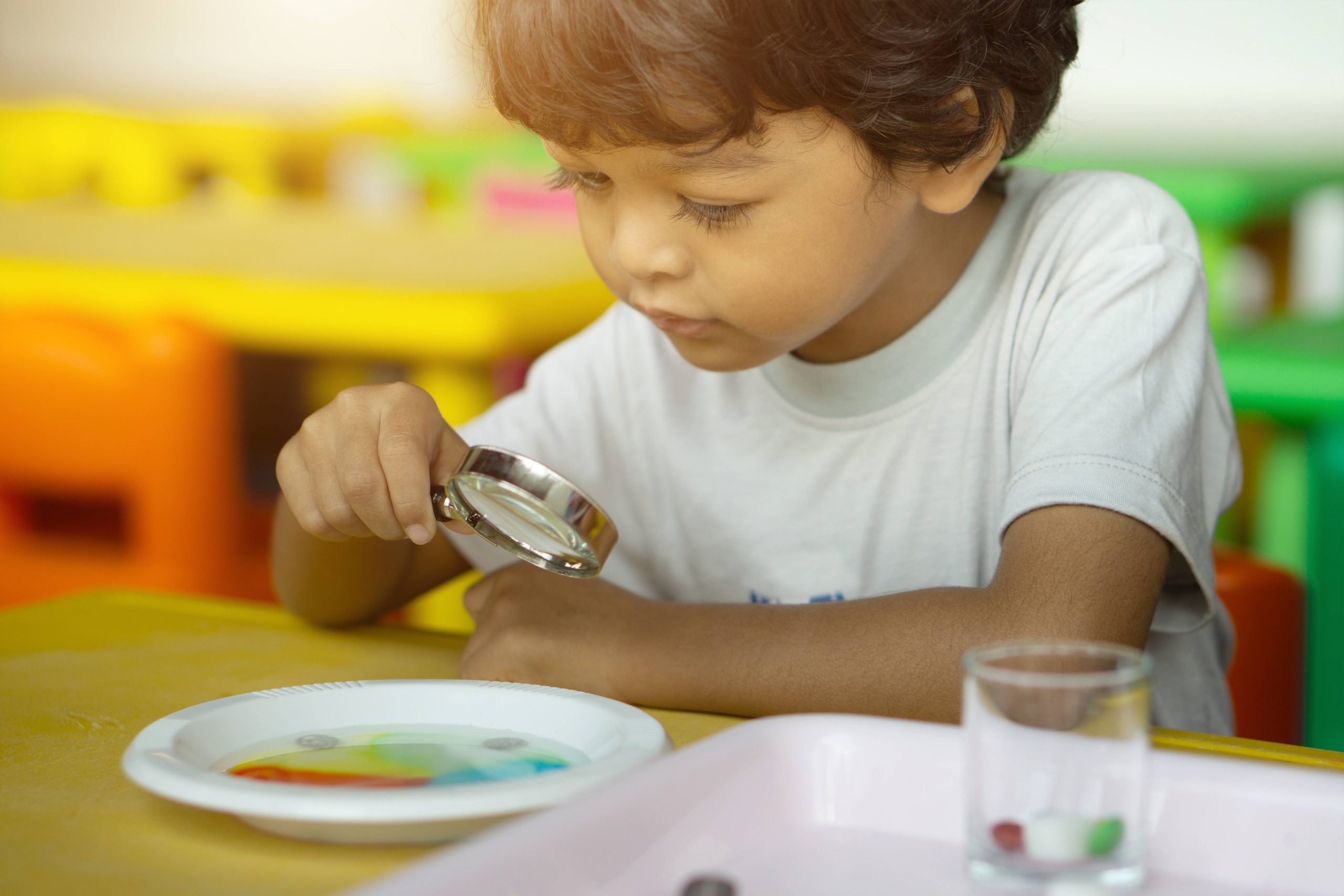
Personalized Learning Experiences for Preschoolers: A Guide for Parents and Educators
Parents and educators aim to provide optimal learning experiences for preschoolers, tailoring each experience to their unique needs and interests. In this article, we’ll explore the concept of personalized learning, its benefits, and practical strategies for implementation in classrooms and homes.
Understanding Personalized Learning
Personalized learning customizes the learning journey to individual needs and interests, recognizing diverse learning styles and adjusting teaching methods accordingly. Transition words like “Furthermore” and “Moreover” help to clarify connections and enhance flow.
Advantages of Personalized Learning for Preschoolers
Research suggests significant benefits, including enhanced engagement, boosted confidence, alignment with individual learning styles, stimulation of exploration, and support for special needs. Utilizing transition words such as “Additionally” and “Furthermore” can help emphasize these points.
Practical Strategies for Implementing Personalized Learning
Effective implementation involves understanding each child, fostering a flexible learning environment, setting individualized goals, utilizing technology, and collaborating with parents. Transition words such as “Consequently” and “Subsequently” can enhance coherence between strategies.
Personalized Learning for Preschoolers: Nurturing Lifelong Learning
As caregivers and educators, our goal is to cultivate effective learning experiences that resonate with each child’s unique profile. Transition words like “In conclusion” and “To sum up” can effectively signal the end of a section.
Benefits of Personalized Learning
Personalized learning enhances engagement, improves outcomes, fosters positive attitudes, and develops independent learning skills. Transition words such as “In addition” and “Moreover” can strengthen connections between benefits.
Implementing Personalized Learning
Effective implementation involves getting to know each child, creating a supportive environment, utilizing diverse resources, encouraging ownership, and providing feedback. Transition words such as “Furthermore” and “Similarly” can help clarify relationships between implementation strategies.
Conclusion
Personalized learning experiences play a pivotal role in preschoolers’ holistic development, laying a strong foundation for lifelong learning. Transition words such as “Ultimately” and “To conclude” can effectively signal the conclusion of the article.


